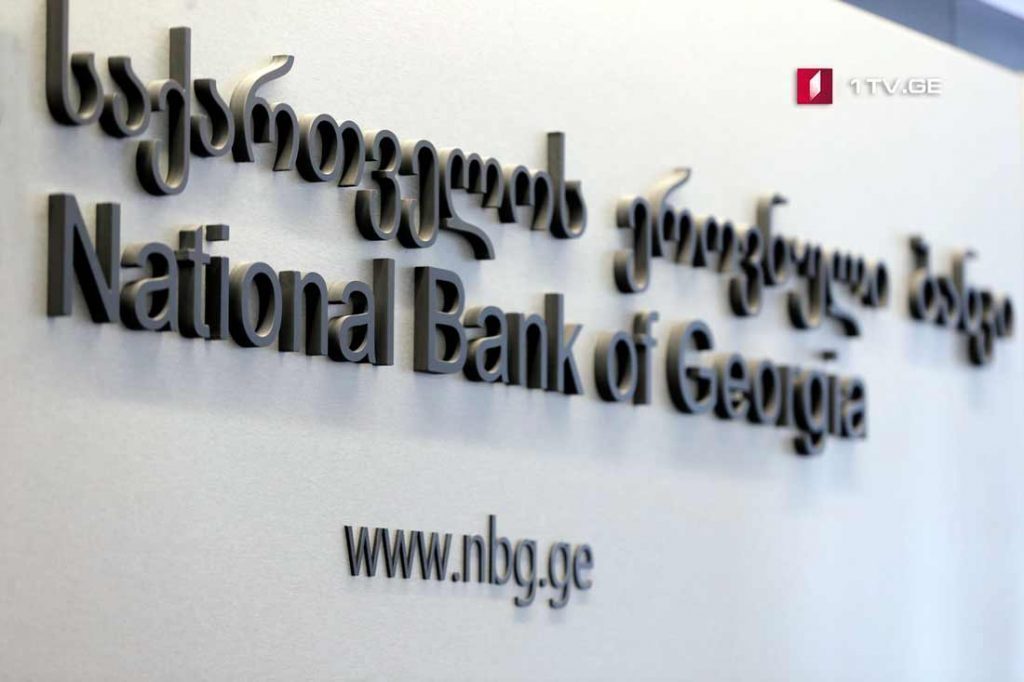On May 10, 2023, the Monetary Policy Committee of the National Bank of Georgia (NBG) reduced the monetary policy rate (the refinancing rate) by 0.5 percent. The monetary policy rate stands at 10.50 percent.
Inflation in Georgia is on a downward trajectory and in April the headline inflation dropped to 2.7 percent, while core inflation falling to 4.7 percent. The decline in inflation is mostly driven by the reduced prices of imported products; since mid-2022, prices on international commodity markets have gradually declined, and international shipping costs have gone down to their pre-pandemic levels. These trends, alongside the appreciated exchange rate, have been gradually transmitting to the local market and reducing imported inflation. Hence, inflationary pressures coming from international markets have been neutralized. Domestic inflation is also declining even if at a relatively slow speed and is expected to keep this downward trend throughout the year.
Taking into account all of the aforementioned factors, inflation expectations have also been decelerating. This year, according to the NBG’s forecast, economic growth will be close to the potential level, at around 5 percent. Therefore, demand side pressures on prices are not to be expected, aided by both tight monetary policy, which moderated credit growth compared to the previous year, and fiscal consolidation. Other things equal, in the short term the annual inflation rate is expected to decline further below the target and stabilize at around 3% in the medium term. After a prolonged period of high inflation, inflation being below the target in the short run will help to further normalize long-term inflation expectations. The latter, in turn, is a prerequisite for price stability.
Accordingly, taking into account both the inflation trends and the forecast, the NBG has begun a gradual exit from tight monetary policy. However, it should be noted that despite the positive trends uncertainty is still high. At this stage there are no clear signs of a wage-price spiral developing. Nevertheless, unit labor costs have increased, and thus inflationary pressure from the labor market is still noteworthy. At the same time, the geopolitical tension remains one of the main risks. Therefore, under such uncertain circumstances, it is expected that the NBG will continue to reduce the monetary policy rate only at a slow pace.
The NBG continuously monitors the developments in the economy and financial markets and will use all available tools to ensure price stability.
The next meeting of the Monetary Policy Committee will be held on June 21, 2023.
